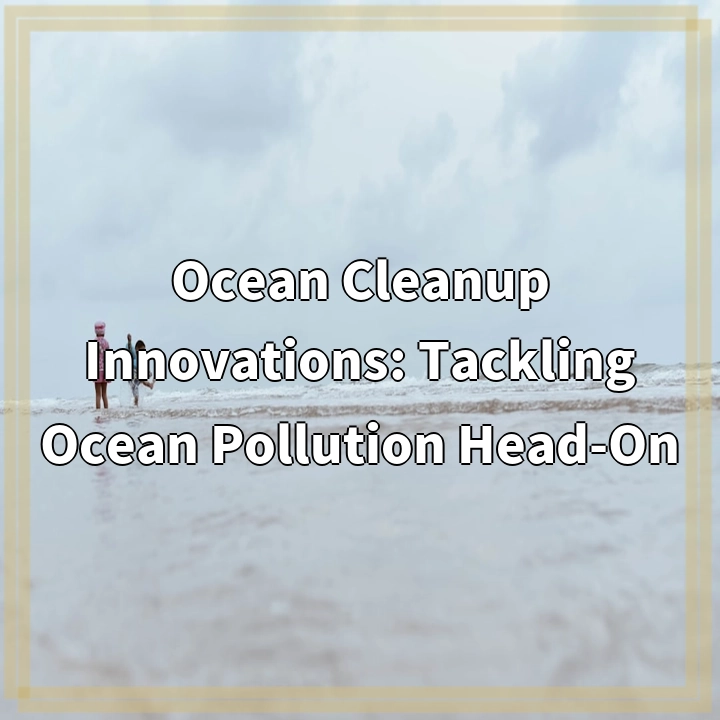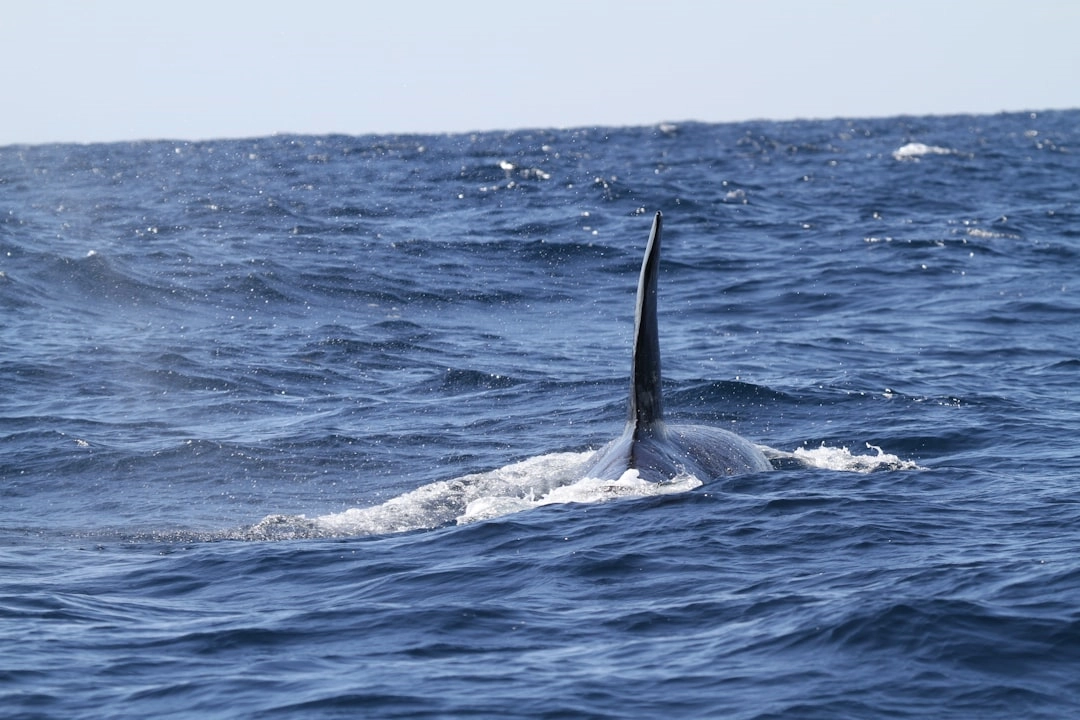
What it is:
In recent years, ocean pollution has become a pressing issue that threatens marine ecosystems and the overall health of our planet. However, amidst this environmental crisis, there have been remarkable advancements in ocean cleanup innovations. These innovative solutions aim to tackle the problem of ocean pollution head-on, utilizing cutting-edge technologies and creative approaches to remove plastic debris and other pollutants from our oceans.
Real-World Problems:
While the development of ocean cleanup innovations is a step in the right direction, there are several real-world problems associated with their implementation. One major challenge is the scale and scope of ocean pollution. The sheer amount of plastic waste in our oceans is staggering, and it spans vast areas, making cleanup efforts a daunting task.
Another problem is the difficulty in effectively capturing and removing the microscopic particles of plastic, known as microplastics. These tiny plastic fragments pose a significant threat to marine life and can easily be ingested by animals, eventually making their way up the food chain and potentially impacting human health.
Furthermore, the logistics and costs associated with deploying and maintaining large-scale cleanup operations present significant challenges. Innovations such as floating barriers or drones equipped with collection devices require substantial funding and logistical support to achieve their intended impact.
Additionally, the development and implementation of ocean cleanup technologies must consider their potential impact on marine ecosystems. Careful planning and monitoring are necessary to avoid unintentional harm to marine life during cleanup operations.
Despite these challenges, ocean cleanup innovations provide a glimmer of hope for combatting ocean pollution. Through ongoing research, cooperation between governments, scientists, and environmental organizations, and the active involvement of communities, we have the opportunity to make a significant difference in preserving our oceans and creating a more sustainable future.

Solutions to Ocean Cleanup Challenges:
Despite the challenges associated with ocean pollution, there are promising solutions that can help address these issues and make a positive impact on our oceans.
1. Scaling Up Cleanup Efforts:
One solution involves scaling up existing cleanup efforts and investing in the expansion of technologies and strategies that have proven successful on smaller scales. This includes increasing the deployment of ocean cleanup vessels and floating barriers in areas heavily affected by plastic pollution.
2. Improved Waste Management and Reduction:
A fundamental aspect of addressing ocean pollution is tackling the root cause: plastic waste. By implementing improved waste management systems, promoting recycling, and reducing the use of single-use plastics, we can significantly reduce the amount of waste entering our oceans.
3. Advanced Detection and Monitoring:
Developing more advanced detection and monitoring technologies can help identify and track the movement of plastic pollution in real-time. This information can then be used to strategically plan cleanup operations and target areas with the highest concentration of debris.
4. Collaboration and Partnerships:
Addressing ocean pollution requires collaboration between governments, scientists, environmental organizations, and communities. By fostering partnerships and sharing knowledge, resources, and expertise, we can work together to develop innovative solutions and implement effective cleanup strategies.
5. Education and Awareness:
Increasing public awareness about the impacts of ocean pollution and the importance of preserving our marine ecosystems is crucial. By educating individuals and communities, empowering them to make sustainable choices, and fostering a sense of responsibility towards our oceans, we can create a collective effort to combat pollution.
By implementing these solutions and continuing to innovate, we can make significant progress in tackling ocean pollution, protecting marine life, and preserving the health of our planet for future generations.















